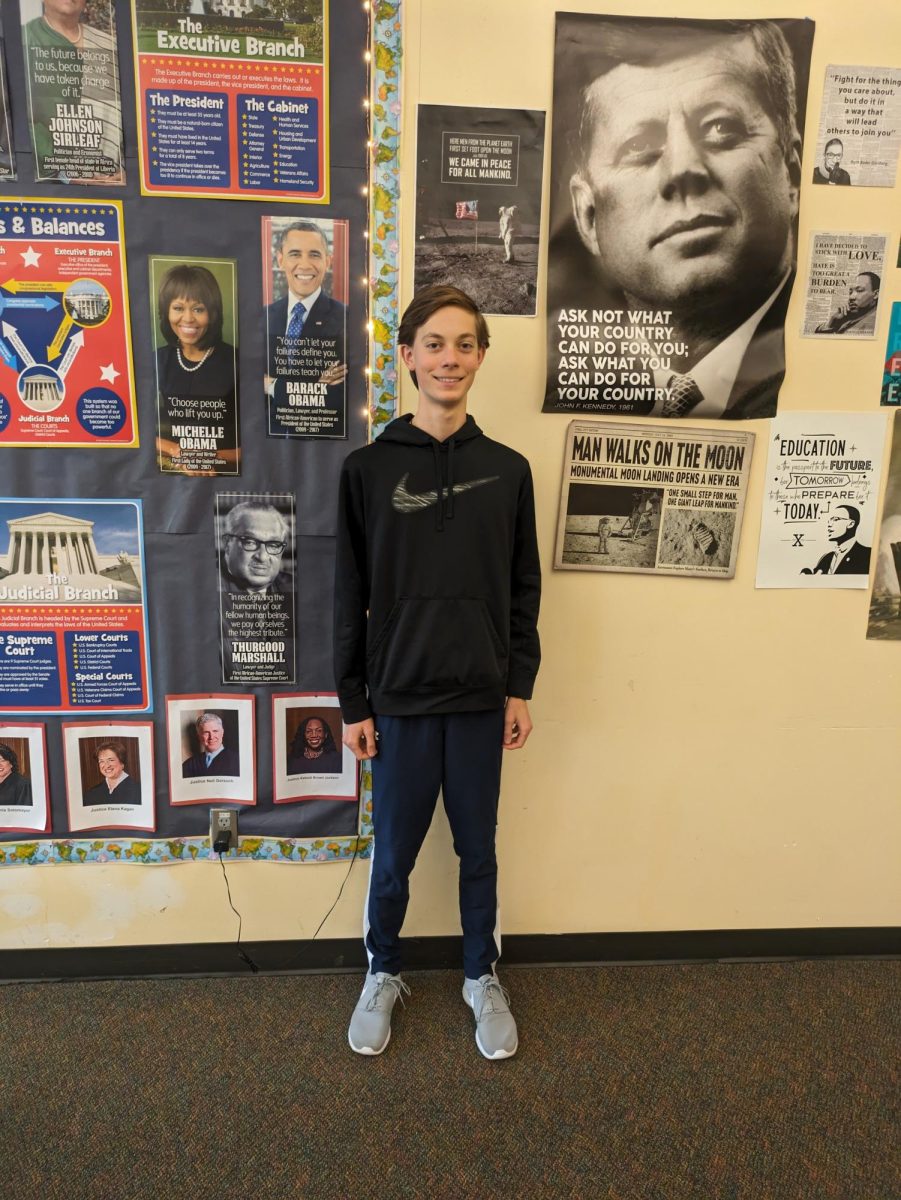Throughout human history, it’s clear that our contemporary society was built by those who stood up to the people of their time with a drive to make the world a better place.
Historical figures such as Alexander Hamilton, Marie Curie, and Scott Joplin have been shaping our world through politics, arts, music, science, and more. Is there a word that accurately captures the characteristics of those individuals?
The Merriam-Webster dictionary defines critical thinking as “the act or practice of thinking critically… to solve problems, evaluate information, discern biases, etc.” Evidently, this is a skill that is essential for success. As a result, students need to learn how to apply critical thinking as they venture into the real world.
Sophomore Vaani Aga believes that those influential people in history “use critical thinking to be able to make… connections to get to a point in which they make a change.” Furthermore, she believes her classes often expand her horizons for her critical thinking capabilities, specifically in her AP US History class.
According to the College Board, AP US History (APUSH) is a course where students “analyze texts, visual sources, and other historical evidence and write essays expressing historical arguments.”
Aga connected the course description with critical thinking skills, saying that “you [have to] write [essays] in such a short amount of time, I think having those critical thinking skills help you.”
However, not all students agree with the course description in a critical thinking context. Sophomore Aarush Palve, who is also taking the course, says that APUSH has “shrunk my ability for critical thinking… APUSH is [focused on] memorizing, and we don’t really analyze why [things] happened.”
Regardless, APUSH isn’t the only class where these skills are developed. Vaani Aga believes that critical thinking is ingrained in a variety of other classes, including language arts and even music. “I would apply [critical thinking] more to words rather than numbers.”
Critical thinking might seem like a “left-brained” idea, but the ability to expand the mind and make connections to everyday life is a skill that people use to change the world. When considering the historical figures who influenced the world, they transcend their time and are remembered for generations after their lifetime.
Aarush Palve admits that history is crucial to understanding the future, saying that “if you can think critically about stuff that happened in the past, you can train yourself to think critically about modern events.”
By analyzing history through real-world connections, students can honor those individuals who affected our society for the greater good and put themselves in a position to succeed beyond their classrooms.











